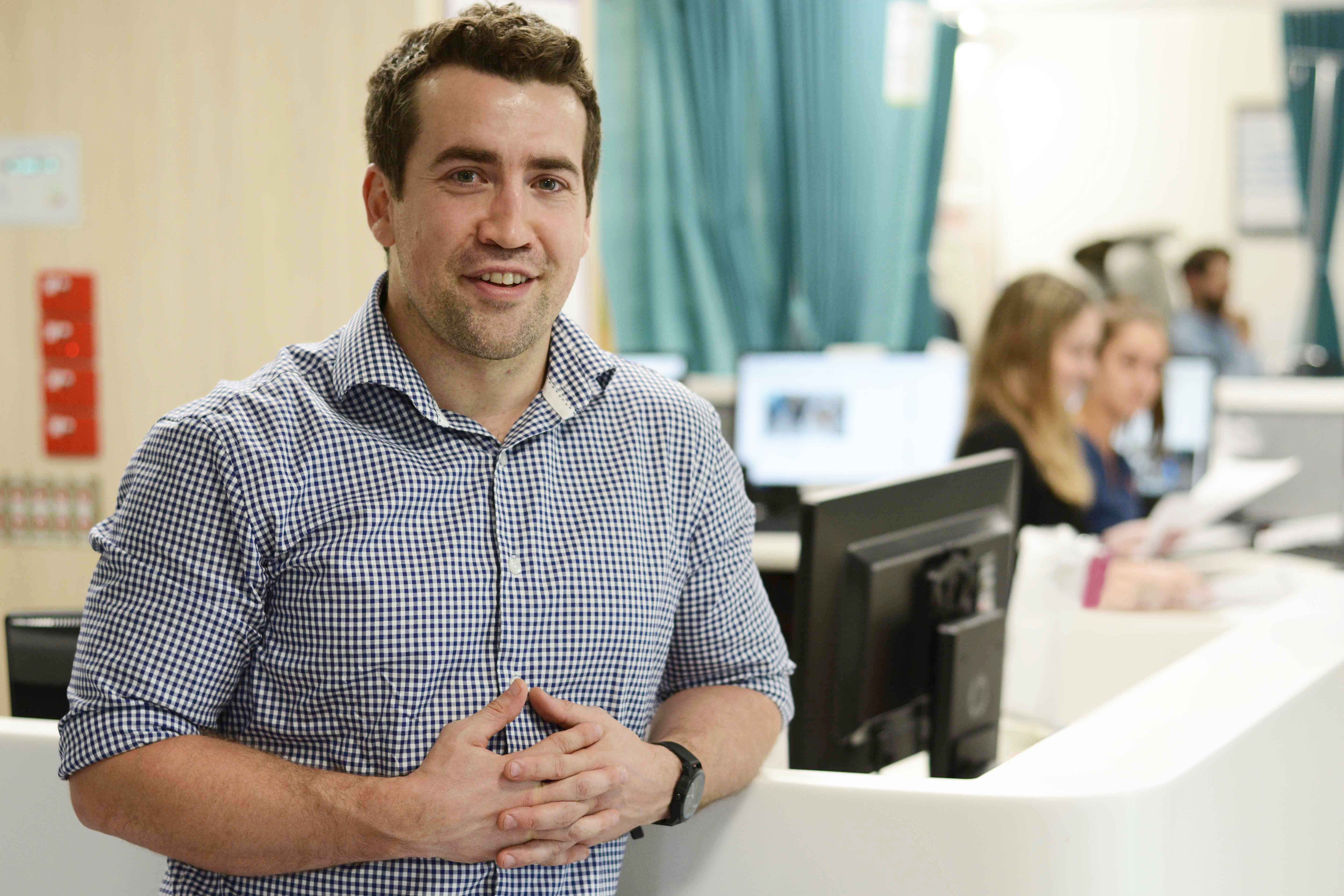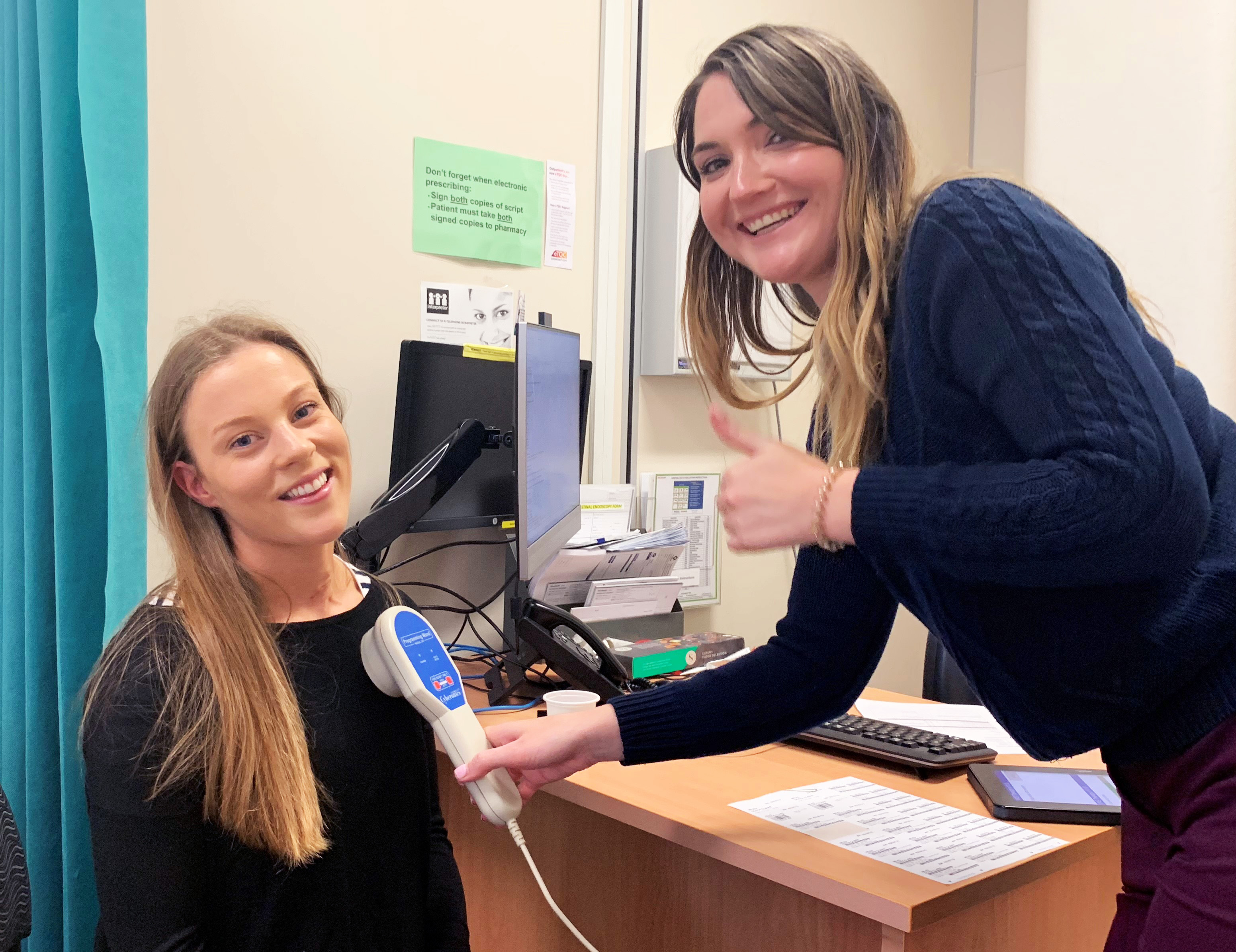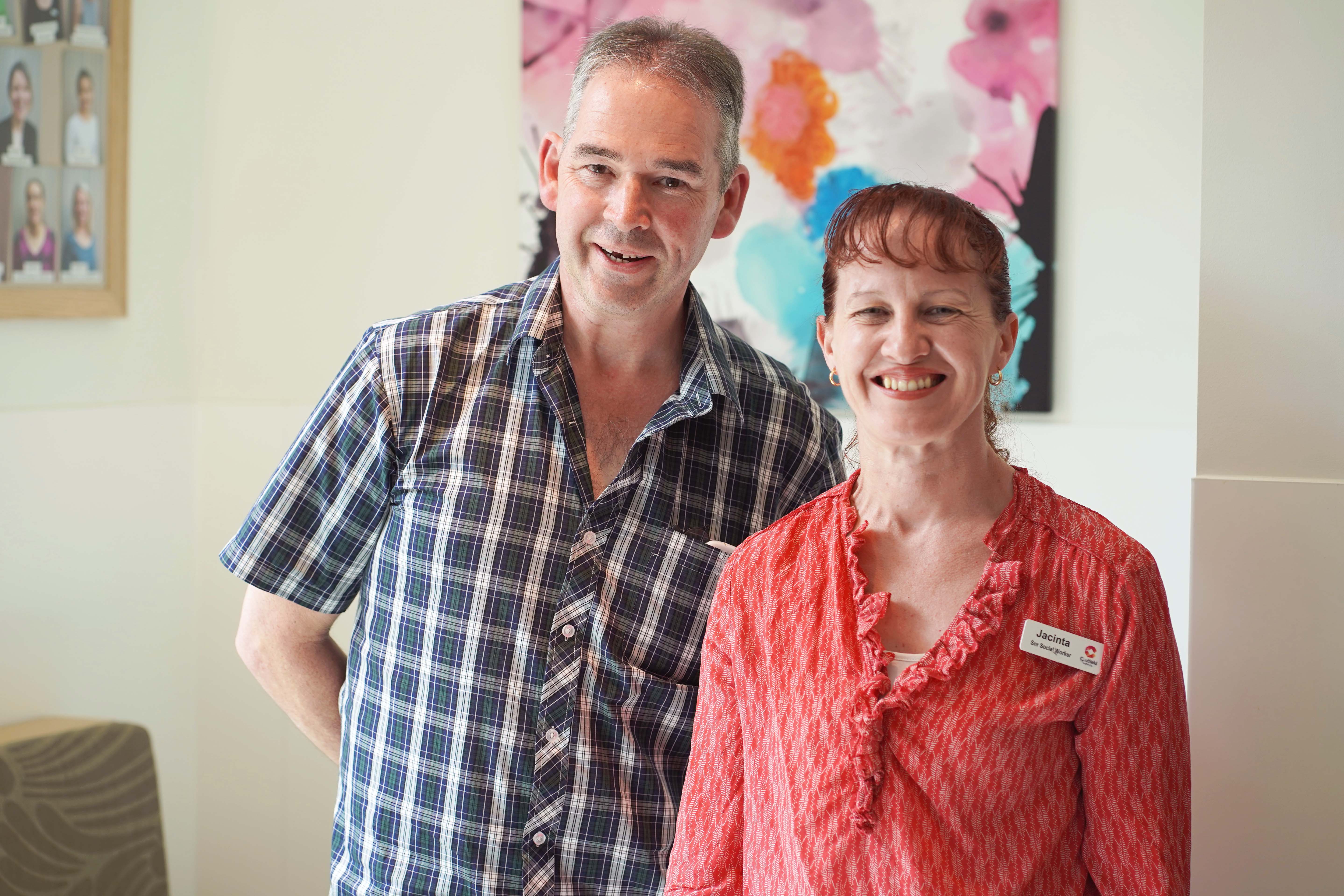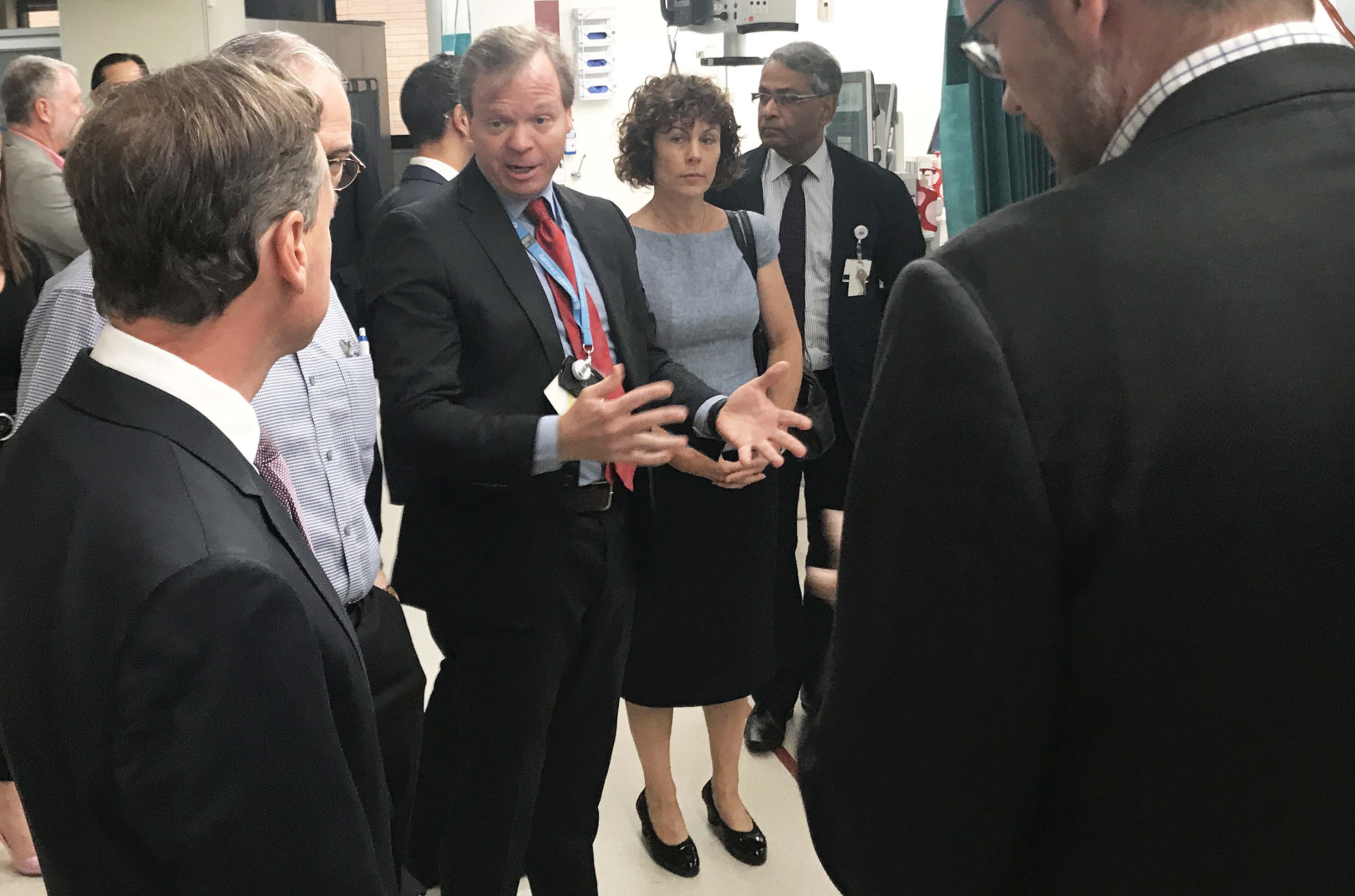
Brain stimulation could treat fibromyalgia
Fibromyalgia sufferers have been offered a ray of hope after a trial using magnetic brain stimulation showed preliminary positive results.
The trial, led by Monash Alfred Psychiatry Research Centre (MapRC) senior research fellow Bernadette Fitzgibbon, used theta-burst stimulation (TBS) to target areas of the brain responsible for the the modulation of pain.
TBS is a type of transcranial magnetic stimulation (TMS), which is being used increasingly to treat medication-resistant depression. It works by delivering magnetic bursts to stimulate electrical activity in parts of the brain.
While the exact cause of fibromyalgia is not known, Dr Fitzgibbon believes it relates to parts of the brain becoming over-sensitized – and TBS appears to restore these changes.
“Fibromyalgia is a chronic pain disorder but there are very few treatment options available,” Dr Fitzgibbon said.
“We know that chronic pain is an experience that is manifested in the brain. This trial has shown in preliminary analysis that TBS has positive effects in reducing fatigue for fibromyalgia patients as well as how the brain is functioning. It’s really early days but we’ve had fantastic feedback from participants and we’re hopeful this trial will reveal something really important in relation to chronic pain.”
Symptoms of fibromyalgia include chronic, widespread pain, fatigue, altered mood and sleep, and cognitive difficulties. It affects roughly four per cent of the population.




